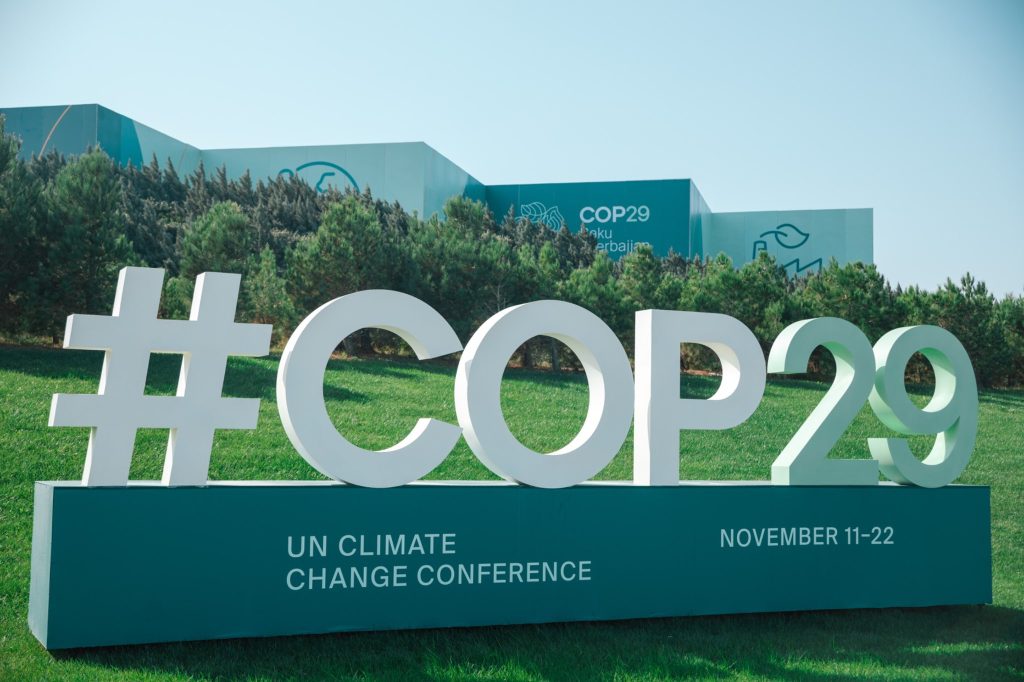Global carbon dioxide emissions from fossil fuels are projected to reach an all-time high in 2024, according to a report presented at the COP29 climate summit in Azerbaijan. The Global Carbon Budget report, produced by over 80 research institutions and led by the University of Exeter, estimates emissions will hit 41.6 billion metric tons this year, up from 40.6 billion tons in 2023.
The majority of emissions are from coal, oil, and gas, amounting to 37.4 billion tons in 2024—a 0.8% increase from last year. Remaining emissions stem from land use, including deforestation and wildfires, with a notable rise of 13.5% driven by severe Amazon droughts and subsequent fires. The report underscores the growing urgency of curbing emissions to prevent surpassing the 1.5 degrees Celsius (2.7 degrees Fahrenheit) global warming threshold, as agreed upon in the 2015 Paris Agreement.
Lead author Pierre Friedlingstein, a climate scientist at the University of Exeter, stated that current fossil fuel emission trends show no signs of peaking. “We don’t see a sign of fossil fuel emissions peaking in 2024,” he noted, warning that without immediate, significant cuts, global temperatures could exceed the critical 1.5C target.
Despite some progress in renewable energy and electric vehicle adoption, the report highlights uneven progress worldwide. Emissions in industrialized countries like the United States and the European Union are expected to decrease by 0.6% and 3.8%, respectively, while emissions from emerging economies continue to rise. India, fueled by economic growth and energy demand, is expected to see a 4.6% increase in emissions, and China—a global leader in emissions—is set to see a slight increase of 0.2%, though its oil-related emissions may have peaked due to electric vehicle expansion.
International aviation and shipping emissions are also anticipated to grow by 7.8% this year, reflecting a recovery in travel demand following the COVID-19 pandemic.
Tensions at COP29 have underscored global divides in addressing fossil fuel dependence. Azerbaijan’s President Ilham Aliyev criticized Western nations for advocating fossil fuel reductions while remaining major producers and consumers. With fossil fuels accounting for about 80% of global energy, the summit has sparked debate over equitable responsibility in transitioning to cleaner energy sources.

